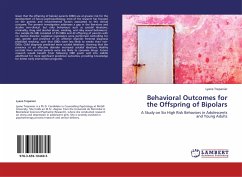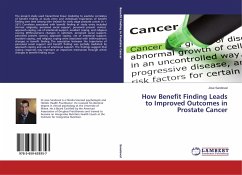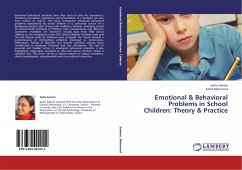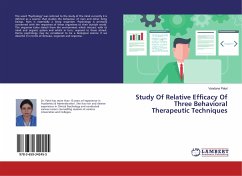Given that the offspring of bipolar parents (OBD) are at greater risk for the development of future psychopathology, most of the research has focused on the genetic and environmental factors associated to this clinical outcome. The present investigation addresses a gap in the literature and studies non-clinical, but risky behaviours such as suicidal ideations, criminality, drug and alcohol abuse, smoking, and risky sexual behaviours. Our sample (N=88) consisted of 45 OBDs and 43 offspring of parents with no mental disorder. Logistical regressions were performed controlling for age, gender and presence of an affective disorder. Parental diagnosis predicted smoking, such that OBDs were less likely to smoke than non-OBDs. Child diagnosis predicted more suicidal ideations, showing that the presence of an affective disorder increased suicidal ideations. Healthy controls from normal parents were less likely to consume drugs. Future research would benefit from following OBD youth well into middle adulthood for more significant predictive outcomes, providing knowledge for better early intervention programs.
Bitte wählen Sie Ihr Anliegen aus.
Rechnungen
Retourenschein anfordern
Bestellstatus
Storno








